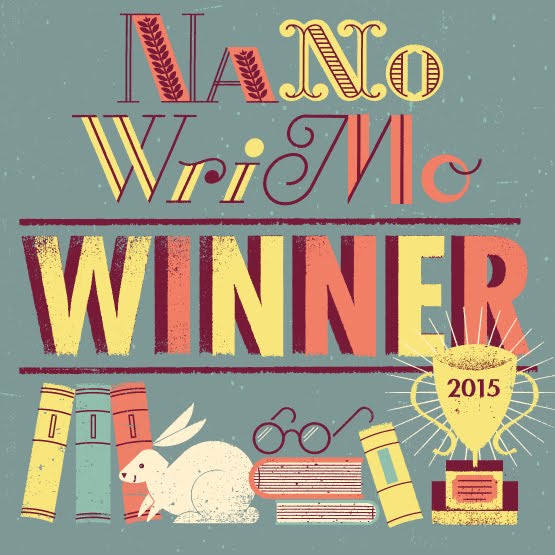 This double review covers book 1 and 2 of my commitment to try to read and review the YA nominee list for the Australian speculative fiction awards - the Aurealis Awards. 2 down, 3 to go, and the clock is ticking as the prize is announced in 6 days! I hope to get another double review up on Wednesday, all being well.
This double review covers book 1 and 2 of my commitment to try to read and review the YA nominee list for the Australian speculative fiction awards - the Aurealis Awards. 2 down, 3 to go, and the clock is ticking as the prize is announced in 6 days! I hope to get another double review up on Wednesday, all being well.These two books are not greatly like one another, but as I read them back to back, I thought I might indulge in a little comparative reviewing, just because I can.
And come to think of it, although the style, themes, voice and tropes are quite different, both are books about strong young female protagonists who are not rescued by anyone (in fact, do a good deal of rescuing themselves), who struggle with difficult, malignant magic, who create affective bonds with friends and lovers on their own terms, and who, despite all indications to the contrary, get their happy (ish) ending.
In other words, both are quintessentially YA fantasy stories - full of moral quandaries, excellent characterisation, and hope in the face of trying circumstances.
Hunting is decidedly the "straighter" of the two as fantasies go - it's a fairly uncomplicated, although not un-nuanced, magical-danger-quest-redemption story, set in a competently realised cosmos that is briskly and efficiently explained.
It revolves around main protagonist, Ash Lenthard, who has a secret to which we are privy immediately but the cast of the book spends an inordinately long time failing inexplicably to grasp. Ash and her posse's struggles to diagnose and then cure the magical woes of their kingdom are not exactly the most amazing or original storyline I have ever read, employing quite a few standard sword-and-sorcery tropes in a way that struck me occasionally as just a tiny bit paint-by-numbers (although having said that, they were all technically accomplished in their delivery).
So that's my main criticism, that the plot isn't incredible or surprising - we are talking a fairly dead run from presentation of problem to standard solution here - but what makes this book so good (and it really is very good) is Host's sure touch with her characters and her dialogue. All the characters in this book are vivid and enormously appealing, and the relationships that unfold between them are immensely enjoyable and authentic. Ash herself is a terrific character, and the relationship that grows between her and Thornaster is simply brilliant. Their banter reminded me of something - something very well beloved - as I was reading it, but I couldn't pin it down until I read Host's own comment on Goodreads and realised - this is fresh, modernised Georgette Heyer, a witty and feminist take on the delights of that dialogue that completely entranced me.
Fairytales for Wilde Girls is a cat of another colour in terms of its style and storyline, and its protagonist, Isola Wilde, is a very different girl to Ash, battling stickier and trickier demons. Whereas Hunting is set in a fantasy cosmos, which enables Host to give it whatever rules she wants, Near does something a little harder to pull off, which is locate Isola in the "real" world but with one foot in an unseen (to most) magical sub-realm. Fairytales is, I think, more innovative in its plotting and perhaps more interesting in its tangled, weirded style, although it does use one enormous gotcha of a plot device that would probably be much more effective if you don't spot it about 1/3 of the way through like I did. (I can't help it, I'm a mystery reader; I'm used to unpicking the clues).
Isola is a great character, as are several of the supporting cast in this story too - I particularly loved Alejandro, Ruslana, Grape, Jamie and Edgar. Isola's strength is of a different type to Ash's straightforward heroics - facing massive internal as well as external pressures, she fights a subtler, but more dreadful, war. In all ways Fairytales is a darker and more disturbing book, and - yes, I think so - a less enjoyable book than Hunting, in that purely reading-for-pleasure way. That is not to suggest that it's a lesser book, because it certainly isn't - I think it's a more complicated achievement in many ways. It requires an emotional effort and investment that isn't demanded by Hunting, that's all.
Overall, these are both extremely good. They're different books for different moods, and it's hard to say one is better than the other per se, because it would depend entirely on your frame of mind. I think Fairytales is more complex and probably more original, but I found Hunting so purely enjoyable in its Heyer-esque frolics that I'm more likely to read it again. Two excellent contenders for the YA prize, and I would not be sorry to see it go to either of them.
Note: I mentioned in my earlier post that one of my motivations for choosing the YA category to read was to scope new books for my almost-11 year old. On balance, I would advise against Fairytales for the tween reader - it really is quite disturbing, and I know that my own almost-11 would find it upsetting. Hunting, on the other hand, is a great choice for advanced readers from that age upwards - any kid that's able to keep up with and enjoy Harry Potter or Percy Jackson would be well able to take this on.







No comments:
Post a Comment